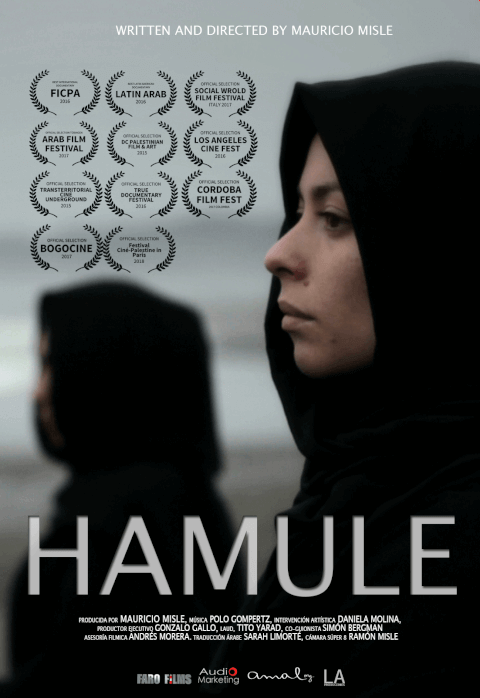Documentary | 51m | Chile
In audio and video tapes from the 1970s, director Mauricio Misle found poignant memories of his family in Palestine, bearing witness to a brutal episode of Israeli colonization in a land consumed by war and pain. Hamule explores how trauma is passed down "genetically" through generations of Palestinian descendants. The documentary is a personal and intimate journey through the fragmented memory of the exiled in Chile and their families, as well as a space that celebrates the courage of Palestinians against the backdrop of the atrocities of contemporary Middle Eastern history.
Writer & Director: Mauricio Misle
Composer: Polo Gompertz

